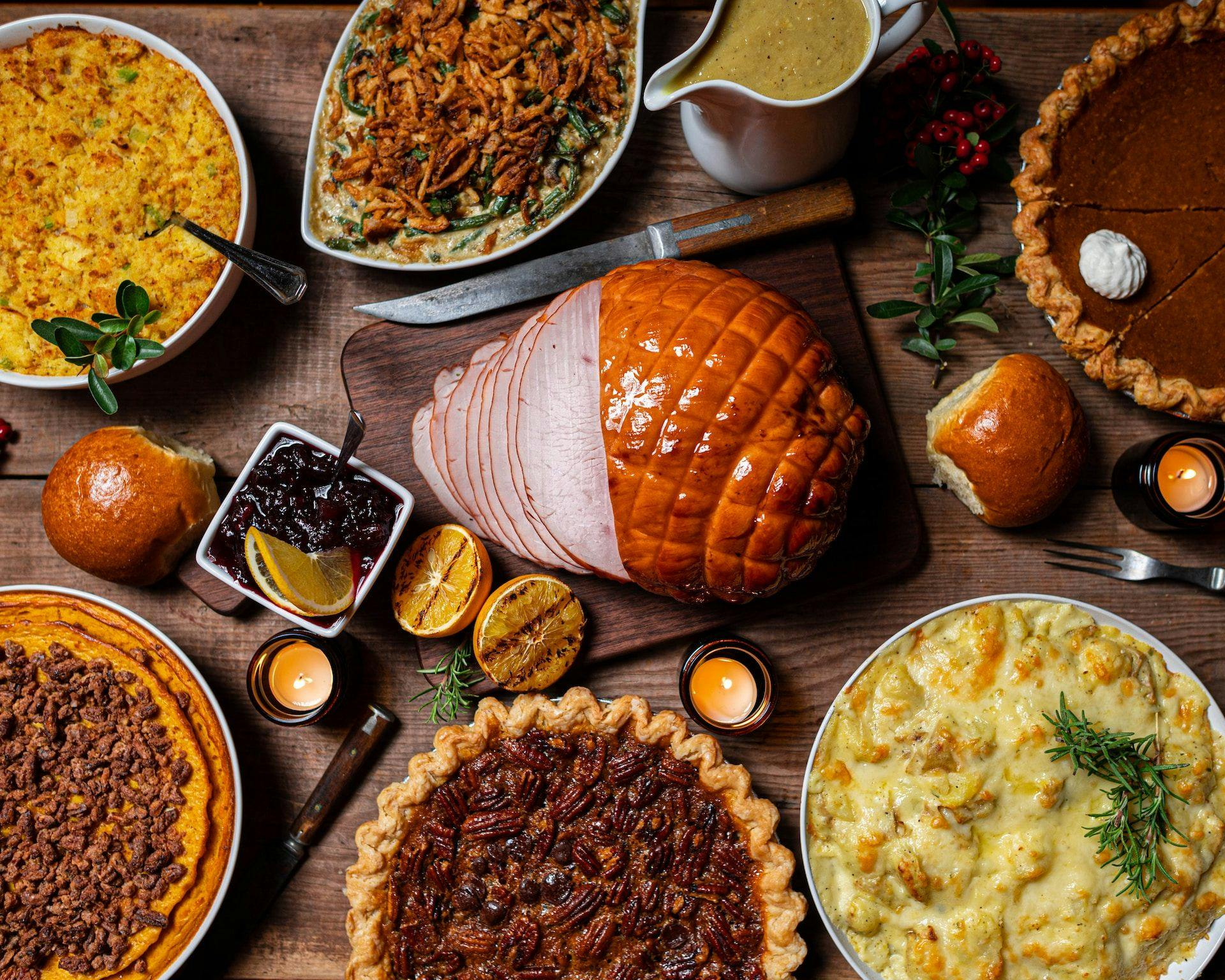
Planning A Thanksgiving Day Gathering Is Like Planning Your Estate
Estate planning might not be the most exciting topic to discuss while eating turkey and pumpkin pie this Thanksgiving, but it's like the secret ingredient that ensures a legacy of love and security for your family. Just as we gather recipes and ingredients for a perfect Thanksgiving meal, estate planning requires assembling the essential elements to protect and provide for those we cherish.
Step 1. The Menu: What Do You Own?
When you plan a Thanksgiving Day meal, one of the first steps is to decide what foods to include on the menu. If you make the dressing and desserts but forget the turkey, the menu will lack an essential component and the party could be ruined. Likewise, in creating your estate plan, one of the first steps in making sure your goals are achieved is to consider what you own. If you omit important property or accounts from your estate plan, it is unlikely to fully achieve your goals.
As your estate planning attorneys, we will provide you with a checklist that will help you think through what you own so that none of your property is inadvertently left out of your plan. For example, you will be asked to list real and personal property and all of your bank and other accounts, and to note whether you own them individually or jointly with your spouse or another person. Filling out this inventory will help you evaluate everything you own holistically and determine how you want to distribute it when you pass away or if you would like to make gifts during your lifetime. It will also enable us to suggest estate planning strategies that will provide for your loved ones and achieve any other goals you may have, such as minimizing taxes.
Step 2. The Invitations: Who Are Your Beneficiaries?
The next step in planning your Thanksgiving Day gathering is determining who you would like to invite. Likewise, when creating your estate plan, you will need to decide who you would like to be your beneficiaries—the individuals who will inherit your money and property when you pass away or that you would like to benefit during your lifetime. You may think that this is simple and will not require much thought, but there is more involved in creating this list than you may think. Your beneficiaries may include your spouse or partner, children and stepchildren, grandchildren, other relatives, friends, charitable organizations, your church, or your alma mater.
In determining your beneficiaries, you may want to consider issues such as whether all of your children need an inheritance or if one of them, such as a disabled child, has a greater need. If a child has substance abuse problems, you may decide not to provide them an inheritance and instead create a trust designed to prevent the child from spending their inheritance to support their habit. We can help you consider who you would like to receive your money and property and discuss the best strategies to provide for your beneficiaries while achieving other goals, such as minimizing gift and estate taxes or providing grandchildren incentives to attend college or start a new business.
Step 3. Serving Sizes: How Much Does Each Person Get?
When you plan your Thanksgiving meal, you need to calculate how much food each person will consume. Your six-foot-tall adult son will likely need a bigger portion than your two-year-old granddaughter. In estate planning, your first instinct may be to provide an equal share of your money and property to each of your beneficiaries. However, as is the case with a meal, you may want to give some beneficiaries a bigger share and others a smaller share. As mentioned previously, if you have a child with special needs who is unable to support themselves, you may want to create a trust to provide for them and give smaller inheritances to your other children who are financially independent. Depending on what you own, it may also be important to give certain accounts or property to one beneficiary and other accounts or property to other beneficiaries. For example, if you have a family home, real estate, or business in which only one child is actively engaged, splitting ownership among multiple siblings may set them up for disagreements and strain or destroy relationships. To avoid family fights after you pass away, consider giving hard-to-divide property to one child and money (in the form of accounts or insurance proceeds) to others. Alternatively, you could instruct in your will or trust that the hard-to-divide property be sold and the proceeds divided equally among the siblings.
Let’s Get Cooking!
So, amidst the laughter and tales around the table, why not take a moment to reflect on the importance of planning for the future? Just as we express gratitude for the blessings of the present, let's also take steps to protect our loved ones in the future. Because ensuring their well-being is a gift that truly embodies the spirit of Thanksgiving.
